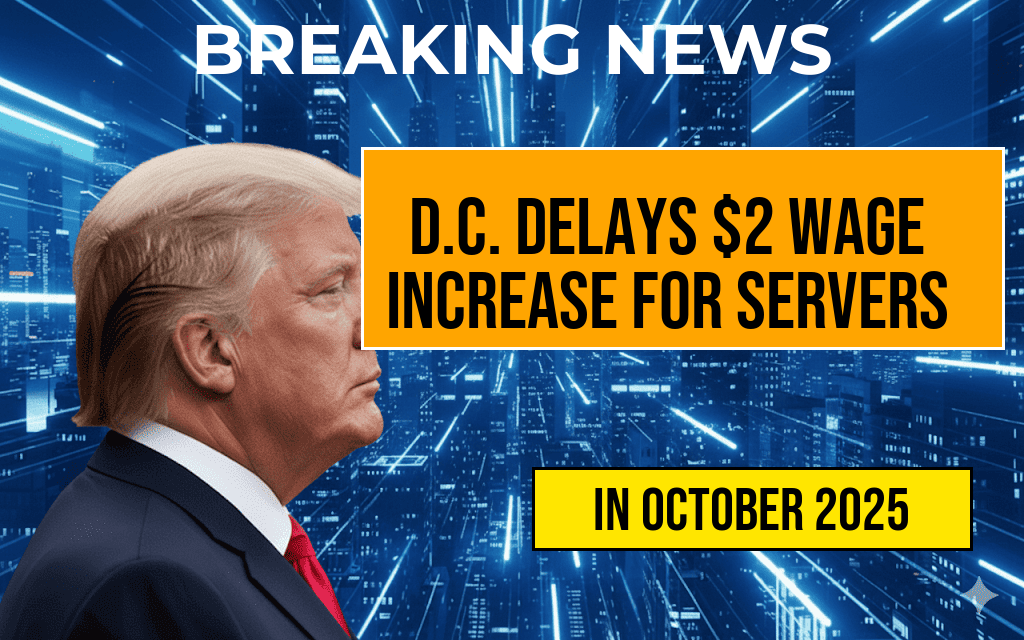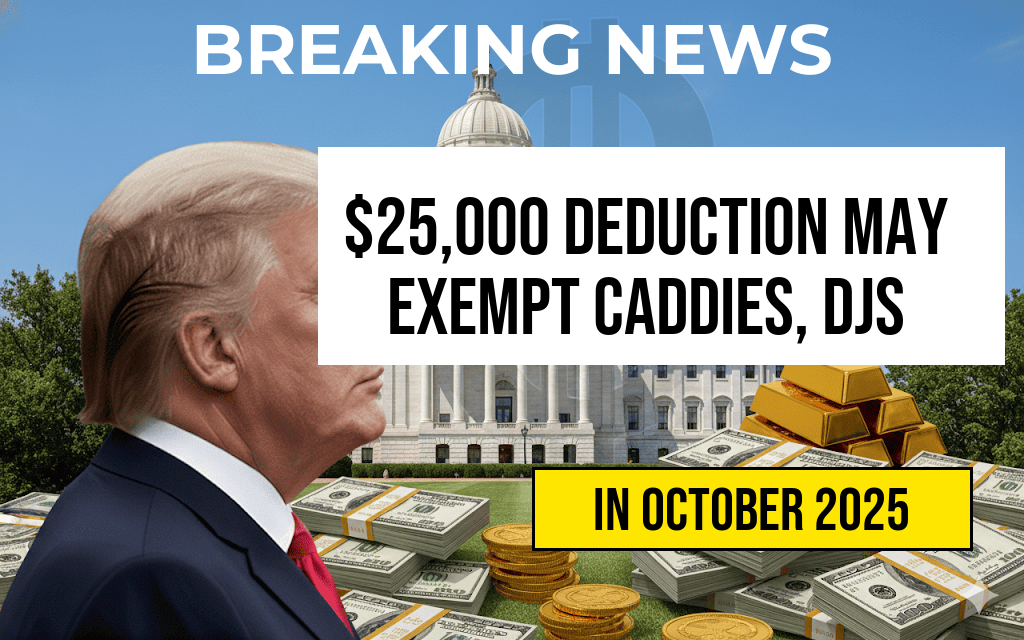The District of Columbia has announced a delay in the implementation of a long-anticipated increase in the tipped minimum wage, which could significantly impact restaurant servers and other hospitality workers. Initially set to rise to $15 per hour, the new policy, part of a broader push to improve compensation for low-wage workers, has now been postponed. This decision means that servers could potentially lose up to $4,160 annually, a considerable sum for those relying on tips to supplement their income. The delay has sparked concerns among advocates for workers’ rights, who argue that the current wage structure is unsustainable and inequitable.
Understanding the Tipped Wage Structure in D.C.
The current tipped minimum wage in D.C. stands at $5.35 per hour, significantly lower than the standard minimum wage of $16.10. This wage structure allows employers to pay less, assuming that tips will make up the difference. However, many workers find that their tips fluctuate, leading to inconsistent earnings that can make financial planning difficult.
The Financial Impact
According to recent estimates, the delay in the wage increase could lead to an annual income loss of approximately $4,160 for various tipped workers, particularly in bustling districts with vibrant dining scenes. This figure is based on calculations that consider typical working hours and average tip amounts. For many servers, this could mean a significant strain on their finances, especially in a city known for its high cost of living.
Advocacy and Opposition
- Supporters of the Wage Increase: Advocates for the increase argue that it is essential for ensuring fair wages for workers who often face economic instability.
- Opponents of the Increase: Some restaurant owners and industry representatives express concern that raising the tipped wage could lead to higher menu prices and reduced hiring.
What the Delay Means for Workers
The delay in implementing the wage increase has left many workers feeling disheartened. With inflation continuing to rise and living costs in D.C. soaring, the decision has been met with disappointment. Workers had anticipated the wage hike as a means to secure a more stable financial future.
Community Reactions
Community organizations and labor groups have voiced their frustrations. Many are mobilizing to demand accountability from local leaders, urging the city council to prioritize the needs of workers over business interests. “This delay is a step back for the progress we’ve made in ensuring fair wages for all workers,” said one local advocate. “We cannot allow the voices of the hospitality workers to be silenced.” The situation has ignited discussions about broader labor reforms in the city.
Future Prospects for the Tipped Wage
Looking ahead, the future of the tipped wage increase remains uncertain. City officials have yet to provide a timeline for when the measure will be reconsidered. As discussions unfold, stakeholders from various sectors will continue to evaluate the implications of this policy on the workforce and the economy.
Comparative Analysis with Other Cities
| City | Tipped Minimum Wage | Standard Minimum Wage |
|---|---|---|
| Washington, D.C. | $5.35 | $16.10 |
| New York City | $5.00 | $15.00 |
| San Francisco | $15.59 | $16.32 |
Conclusion
The delay in the $2 increase to the tipped minimum wage in D.C. raises critical questions about the balance between business viability and fair compensation for workers. As advocates continue to push for change, the spotlight remains on local leaders to address the pressing needs of the city’s hospitality workforce. For more information on the economic implications of the tipped wage system, visit Forbes or check out Wikipedia for a broader understanding of minimum wage policies.
Frequently Asked Questions
What is the proposed wage increase for tipped workers in D.C.?
The proposed wage increase for tipped workers in D.C. is set to be $2, which could significantly impact their overall earnings.
How much could servers lose annually due to the delay?
Servers could potentially lose up to $4,160 annually due to the delay in implementing the wage increase.
Why was the wage increase delayed?
The wage increase was delayed to allow for further discussions and considerations regarding the impact on the restaurant industry and its workers.
When is the new implementation date for the wage increase?
The new implementation date for the wage increase has not been specified, as discussions are ongoing regarding the best approach for all stakeholders involved.
Who will be affected by the wage increase delay?
The delay in the wage increase will primarily affect servers and other tipped employees who rely on tips as a significant part of their income.






